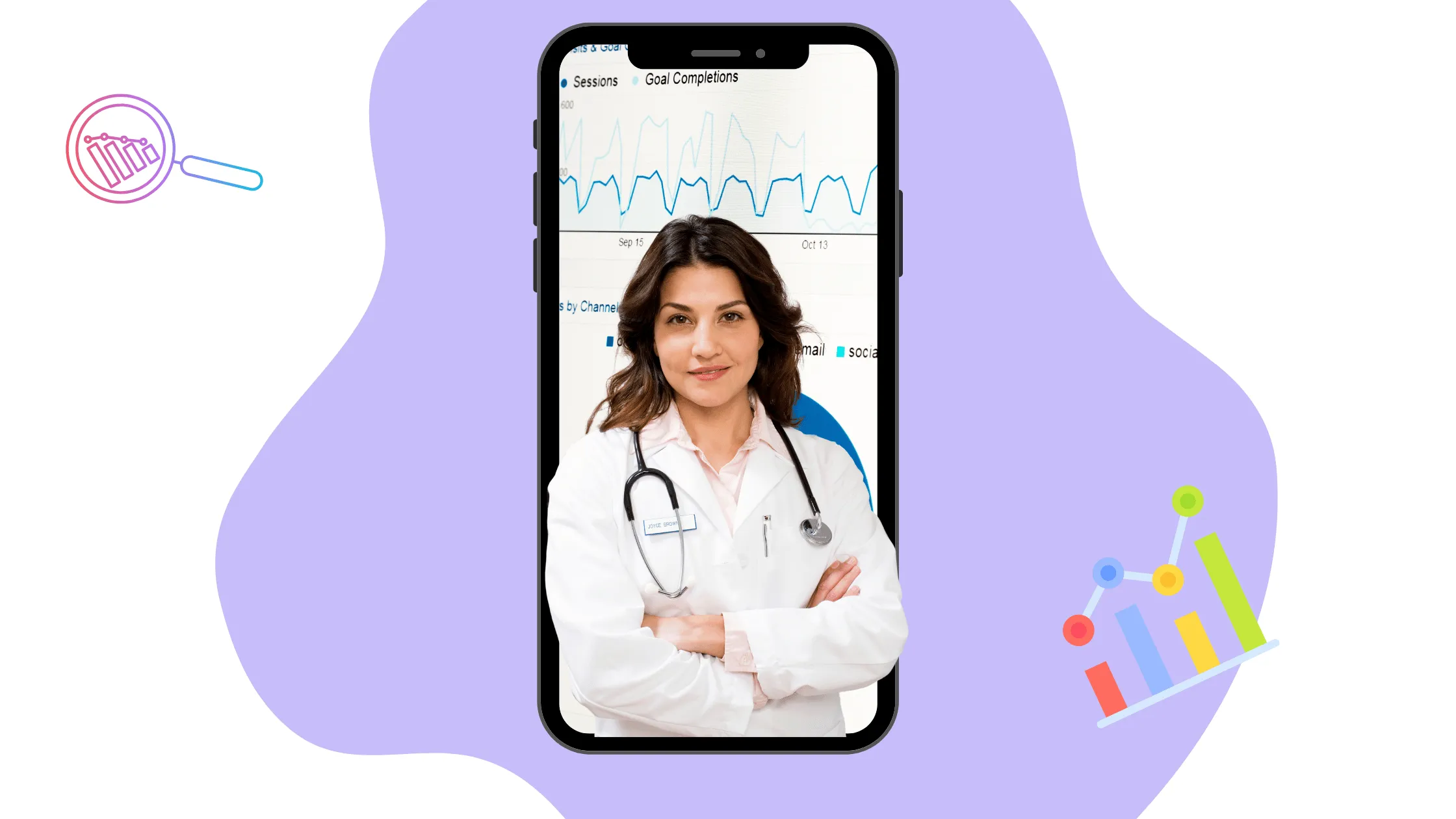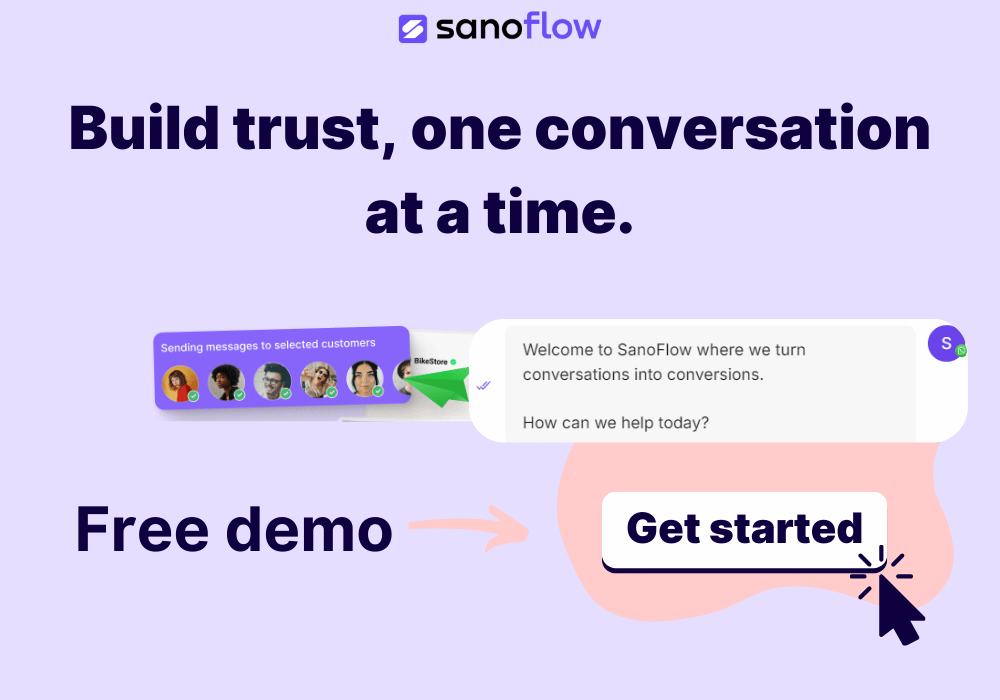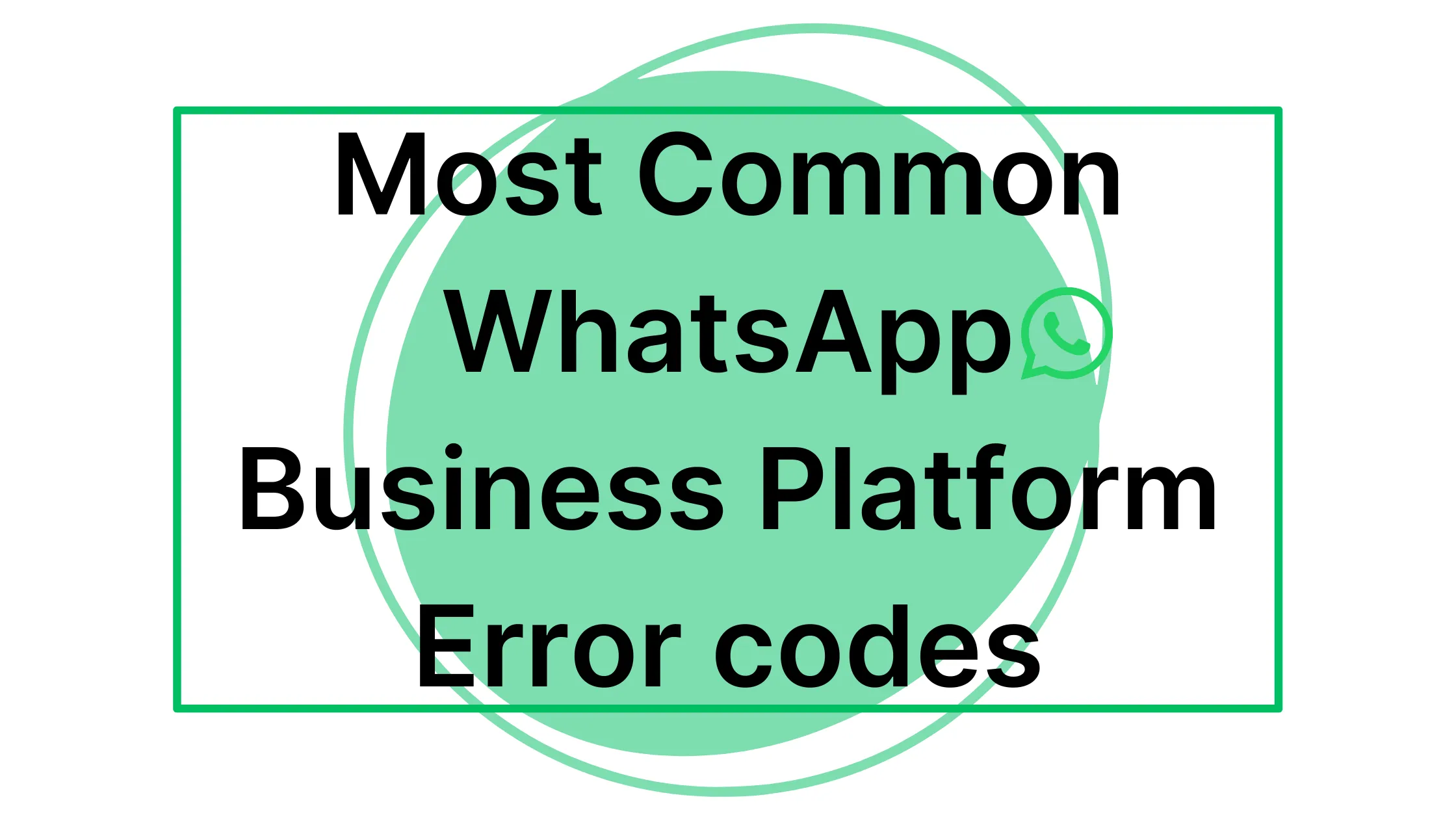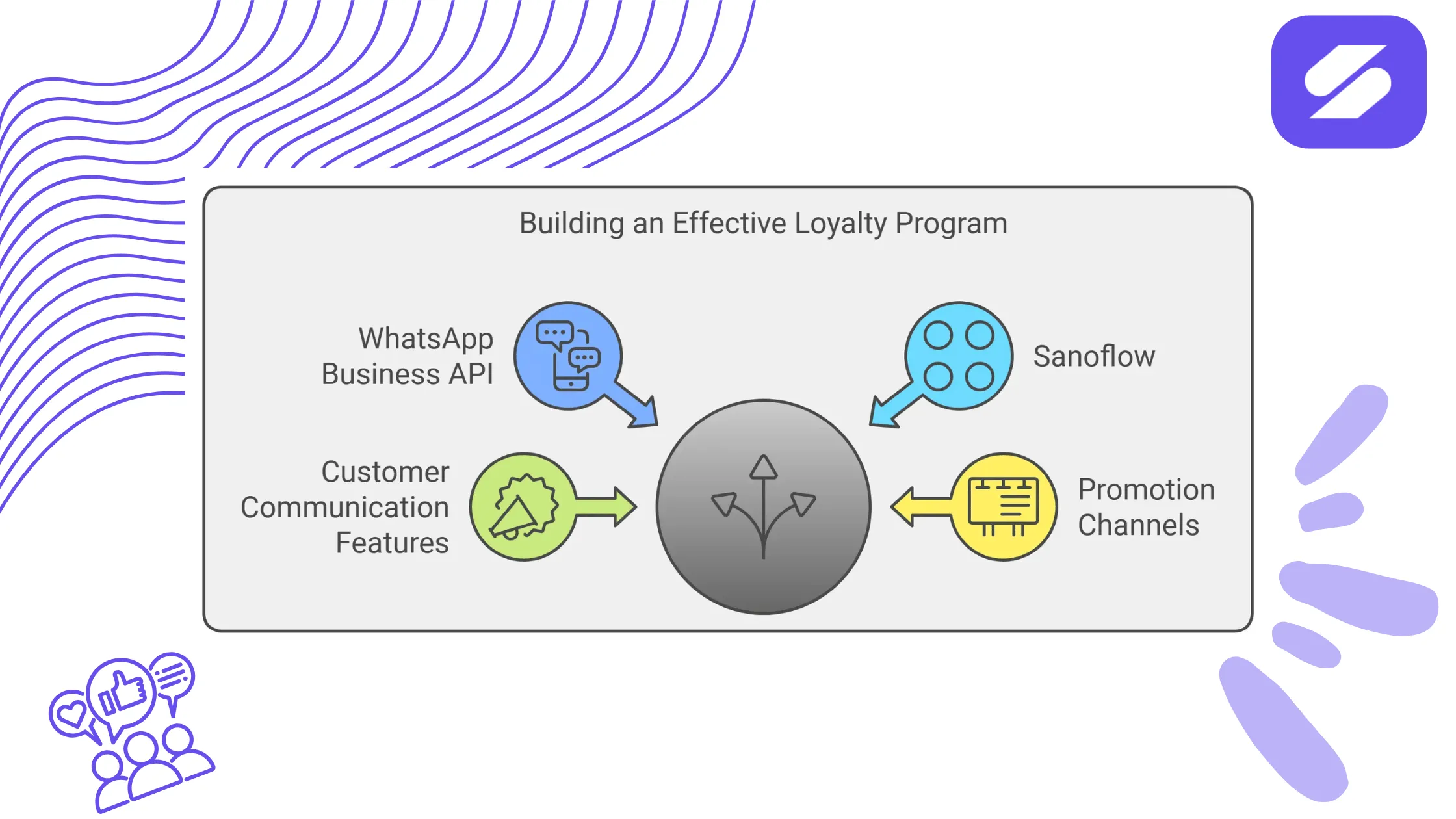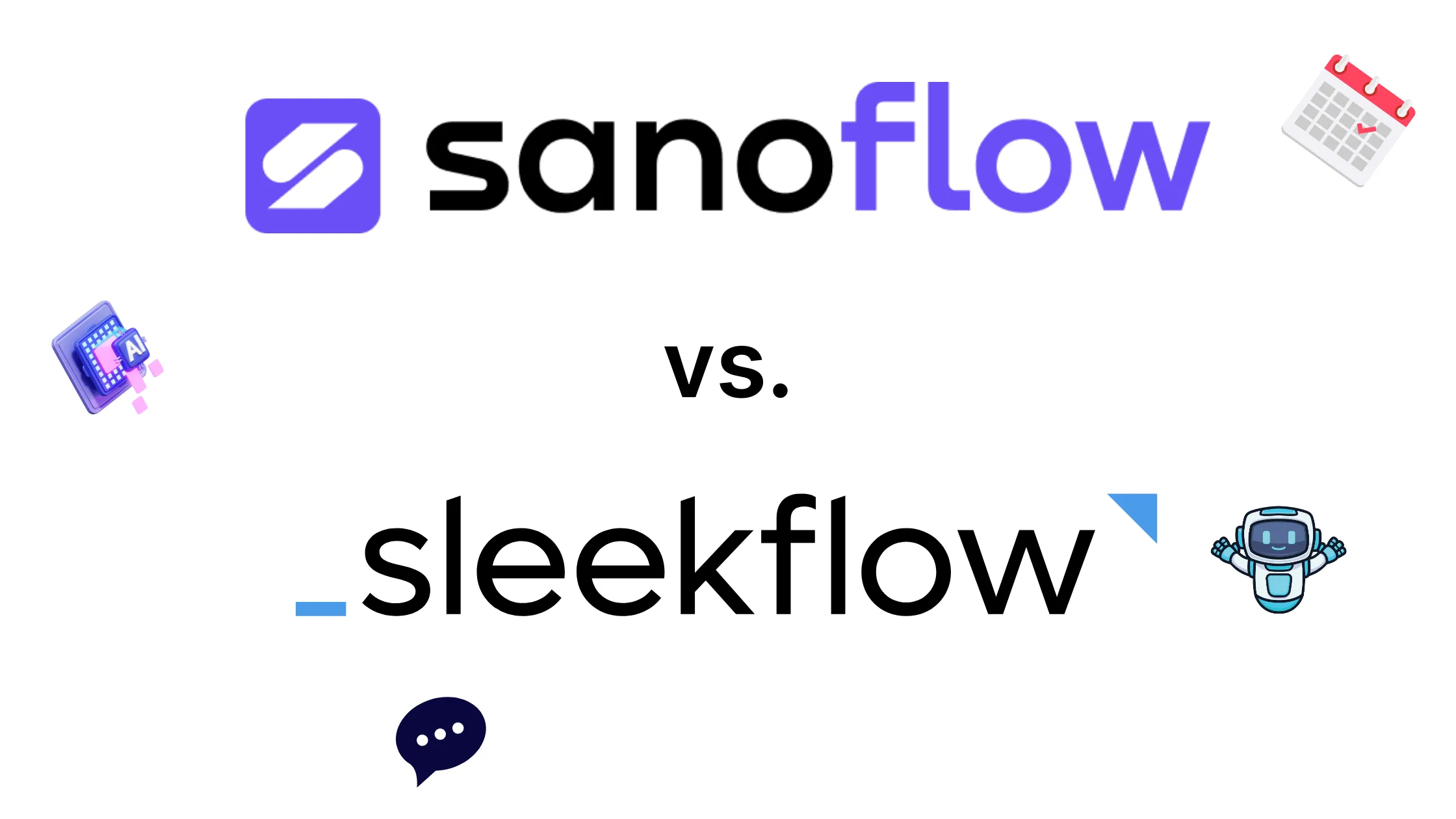CRM Analytics for Healthcare
CRM analytics for healthcare sounds like one of those confusing tech terms, right? But let’s break it down, nice and simple. Imagine being able to track every conversation, every appointment, and every interaction with patients in one place. That’s what CRM (Customer Relationship Management) analytics does for healthcare. It helps clinics and hospitals manage patient care like never before, and I’m going to show you how.
CRM systems transform healthcare delivery by making patient care more organized and efficient. According to Healthcare IT News, CRM tools can significantly enhance patient engagement and overall satisfaction.
Key Takeaways:
- CRM analytics in healthcare is about using data to improve patient care and streamline operations.
- Key metrics tracked include patient engagement, clinic visits, and feedback, all consolidated in a centralized database.
- Predictive analytics helps clinics anticipate patient needs, enhancing personalized care.
- Social CRM integrates data from various platforms, enabling healthcare providers to deliver a seamless and consistent experience.
- EHR integrations like Mediware and Unite Care HMS enhance patient data accessibility and streamline workflows, making it easier to manage patient information efficiently.
How CRM Analytics Work for Clinics
Centralized Patient Data Management
Imagine you’re a doctor with a magic book that has everything you need to know about a patient. Their medical history, their appointments, the notes you scribbled after their last visit—all of it.
That’s what CRM systems are like for clinics. They bring together:
- Patient demographics
- Medical history
- Appointment details
With all the data at your fingertips, it’s easier to give patients the personalized care they need.
Tracking Patient Engagement
CRM analytics is tracking patient engagement. The system looks at every conversation on WhatsApp, Instagram, Facebook, SMS, or visit they’ve had with your clinic.
This kind of tracking helps you figure out:
- What’s working and what’s not
- If people are responding well to SMS reminders
- Areas where your communication strategy needs adjustment
Appointment Management & Follow-Ups
Missed appointments can be a real headache—for both doctors and patients. CRMs can help by sending out reminders via SMS or email, reducing no-shows.
- Less time wasted, better care delivered—win-win.
- CRMs also collect feedback automatically after each appointment, helping you understand what your patients think about your services without extra effort.
Predictive Analytics for Proactive Care
Here’s where things get really cool: predictive analytics. By looking at past patient data, CRM systems can predict future needs.
For example:
- If a patient comes in often for asthma, the system can suggest timely check-ups or preventive care—all automatically.
It’s like having a crystal ball, but way more practical.
Social CRM: Meeting Patients Where They Are
Social CRM takes patient engagement to another level. Let’s face it—people are on social media all the time. So why not engage patients there?
A social CRM integrates:
- SMS
It’s an omnichannel inbox, meaning every message from any platform is logged in the same spot. You get to respond faster, patients feel heard, and there’s less switching between tabs for you. It’s a simple but effective way to connect with patients.
For example, clinics using a social CRM tool like Sanoflow report higher patient satisfaction because patients can communicate how and when they prefer.
Plus, this kind of setup makes:
- Feedback collection
- Sentiment analysis
- EHR Integration Analysis: Easily track patient data integrated from EHR systems like Mediware and Unite Care HMS, ensuring that all records are updated and accessible.
a breeze. You can track whether a patient’s comments are positive, negative, or neutral, and react accordingly.
How Social CRM Analytics Work
Unified Communication Tracking
The omnichannel inbox feature of a social CRM consolidates communications from different platforms into a single interface. This functionality offers several advantages:
- Comprehensive Interaction History: By tracking all conversations in one place, businesses can maintain a complete history of customer interactions. This holistic view enables a better understanding of customer preferences and behavior, leading to more personalized service.
- Streamlined Response Management: Customer service teams can respond to inquiries from various channels without switching between different applications. This efficiency reduces response times and improves customer satisfaction.
Enhanced Data Insights
Analytics capabilities within social CRMs provide businesses with the tools to analyze data collected from multiple channels:
- Engagement Metrics: Businesses can measure engagement rates across different platforms, such as likes, shares, comments, and direct messages. Analyzing these metrics helps identify which channels are most effective for reaching target audiences.
- Sentiment Analysis: Advanced analytics tools can assess the sentiment of customer interactions on social media. By understanding whether feedback is positive, negative, or neutral, organizations can tailor their responses and improve their overall customer engagement strategies.
- Trend Identification: By analyzing conversation data over time, businesses can identify trends in customer inquiries or complaints. This information can inform product development, marketing strategies, and service enhancements.
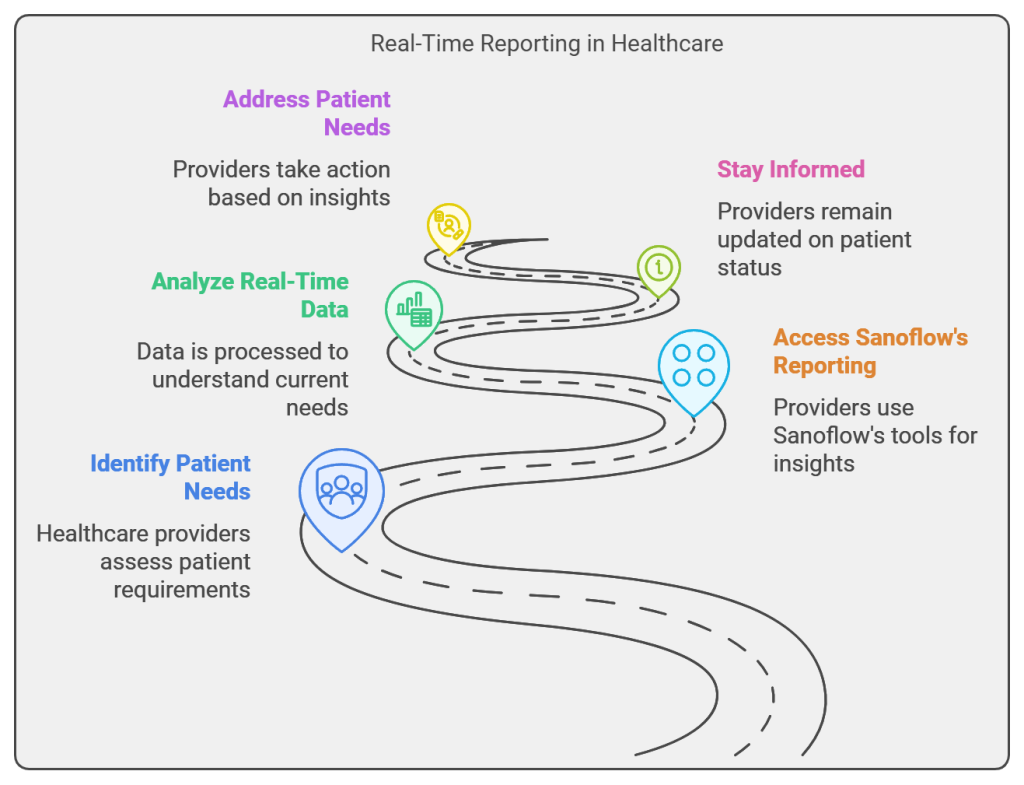
Performance Metrics
Social CRMs enable organizations to track key performance indicators (KPIs) relevant to their social media engagement efforts:
- Response Time Metrics: Monitoring how quickly customer service teams respond to inquiries across different platforms is crucial for maintaining high levels of customer satisfaction. CRMs can generate reports that highlight average response times per channel.
- Conversion Rates: By tracking how many interactions lead to desired outcomes (e.g., sales, sign-ups), businesses can evaluate the effectiveness of their social media strategies. This data helps refine marketing campaigns and improve lead nurturing processes.
- Customer Retention Rates: Analyzing engagement data helps organizations understand how effectively they are retaining customers over time. This insight is vital for developing loyalty programs and enhancing customer experiences.
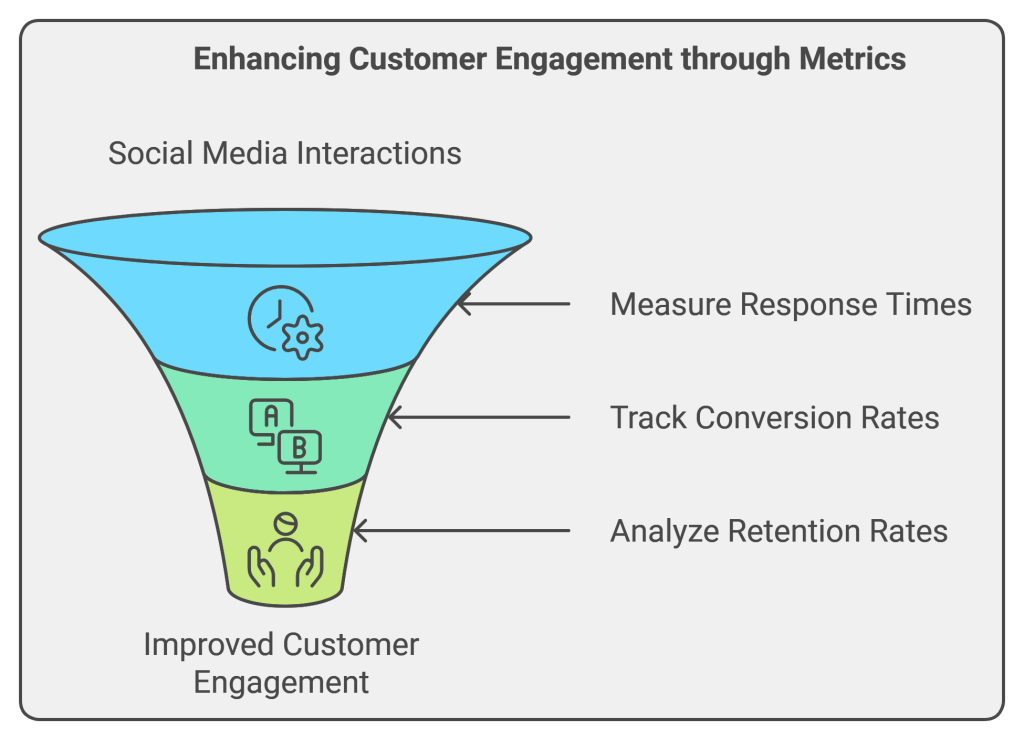
Real-Time Data Insights
The insights from CRM analytics are like a goldmine for healthcare providers. Real-time reporting lets you see how well your clinic is performing.
For example:
- Measuring response times to patient enquiries
- Tracking how many appointments were completed in a week
A good CRM will also let you customize dashboards to focus on the metrics you care about most:
- Patient retention
- Satisfaction levels
- Best-performing communication channels (WhatsApp, SMS, social media)
Check out how Sanoflow’s real-time reporting helps healthcare providers prioritize patient needs.
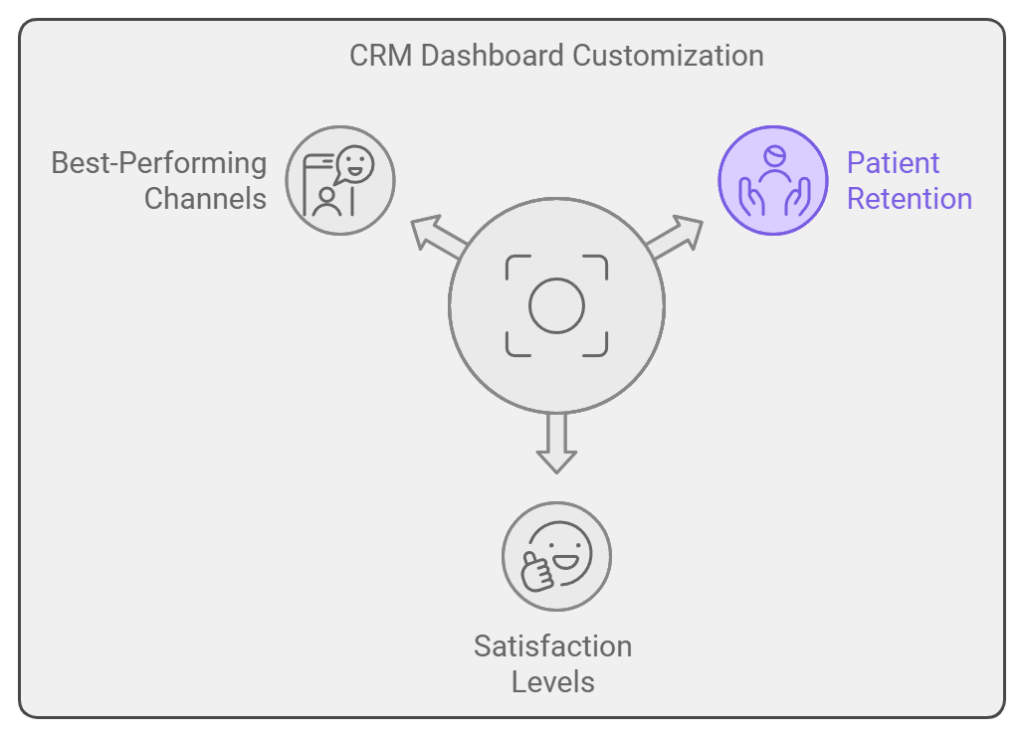
Performance Metrics That Matter
When it comes to analytics, knowing which numbers to pay attention to makes all the difference:
- Patient Retention Rates: Are patients coming back?
- Response Times: How quickly is your team answering inquiries from patients?
- Engagement Metrics: Are patients interacting with your emails or messages? If not, it’s a sign your communication strategy needs tweaking.
Using these metrics, you can continuously improve the experience patients have at your clinic. The data doesn’t lie—it gives you real, actionable insights into what’s working and what needs work.

Internal and External Integrations
The beauty of a CRM like Sanoflow is how it integrates with other tools you’re already using. For example:
- Google Calendar for scheduling
- Facebook Messenger for patient enquiries
It brings everything under one roof.
It also works well with existing Electronic Health Records (EHR) systems to ensure all your medical data is unified:
- Mediware Integration: Provides tailored solutions that address complex healthcare challenges, enhancing patient data accessibility.
- Unite Care HMS: Offers robust patient-centric EHR management features that support diverse healthcare needs.
These EHR integrations make it easier to:
- Streamline operations
- Keep patient information up-to-date
If you’re curious about the bigger picture, Forbes wrote a great piece on how CRM systems are transforming healthcare delivery.
Why CRM Analytics Matter in Healthcare
So why should clinics bother with CRM analytics? Well, it’s pretty simple—better data means better care.
By understanding patient behavior, tracking engagement, and using predictive analytics, clinics can:
- Offer more personalized care
- Improve operational efficiency
- Ultimately makes the whole experience better for patients
Whether it’s managing feedback, reducing no-shows with automated reminders, or integrating with social media to reach patients where they are—CRM analytics makes healthcare work better for everyone.
If you want more insights into how CRMs can improve patient care, here’s a good read from BMC on the advantages of CRM systems in the healthcare industry.
Stats and Real-World Impact of Healthcare CRM

- Patient Engagement Improvement: Clinics using CRM systems report a 30% increase in patient engagement due to personalized communication strategies.
- No-Show Rate Reduction: Automated appointment reminders have helped reduce no-show rates by up to 50% in some healthcare facilities.
- Satisfaction Surveys: 85% of patients expressed higher satisfaction levels when clinics used CRM systems to follow up after appointments.
- Operational Efficiency: Healthcare organizations that implemented CRM solutions saw a 25% improvement in operational efficiency by automating administrative tasks.
- Predictive Analytics Impact: Clinics utilizing predictive analytics within their CRMs reported a 20% increase in preventive care appointments due to proactive outreach based on historical data trends.
- Social Media Engagement: Practices that integrated Social CRM tools experienced a 40% increase in patient interaction through social media platforms.
Wrap-Up
CRM analytics is changing the game for healthcare. It helps clinics better understand their patients, improve engagement, and deliver proactive, high-quality care.
With features like:
- Omnichannel communication
- Predictive analytics
- Real-time reporting
Healthcare providers can deliver a more consistent and personalized patient experience. And that’s what it’s all about—making sure patients feel heard, valued, and well-cared for.
To see how Sanoflow can take your patient engagement to the next level, check out our introduction to healthcare CRM and its benefits.
FAQs
- What metrics can healthcare organizations track using CRM analytics?
- Patient engagement, appointment attendance, response times, and feedback scores.
- How can healthcare providers leverage CRM analytics to improve patient care?
- By using data to predict patient needs, send timely reminders, and personalize care based on their history.
- How can predictive analytics in healthcare CRM systems benefit patient outcomes?
- It allows clinics to proactively reach out to patients who need care, leading to better preventive measures and outcomes.
- What insights can be gained from analyzing patient feedback through a CRM?
- It can show which services need improvement, how well patients are being engaged, and where response times could be quicker.


